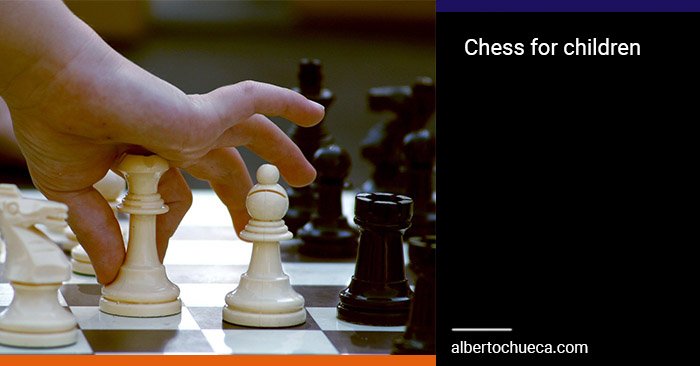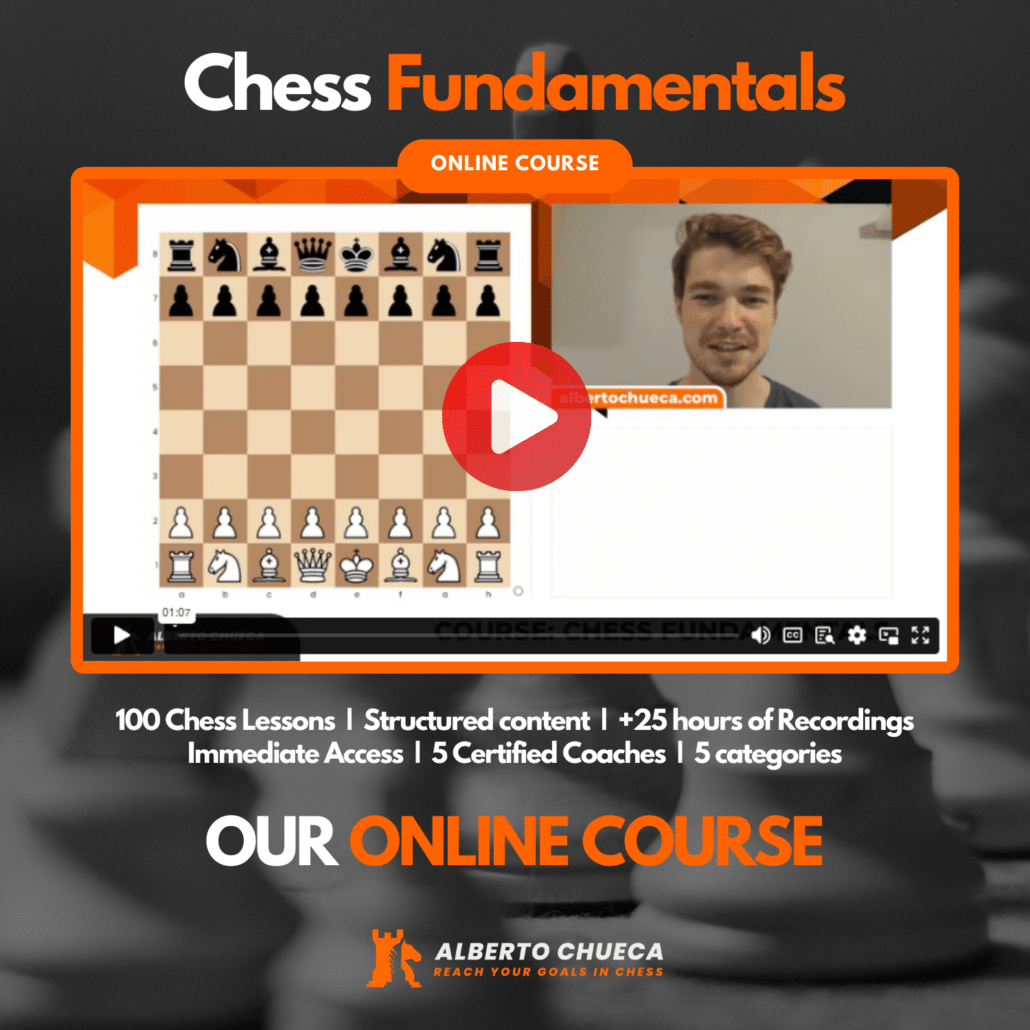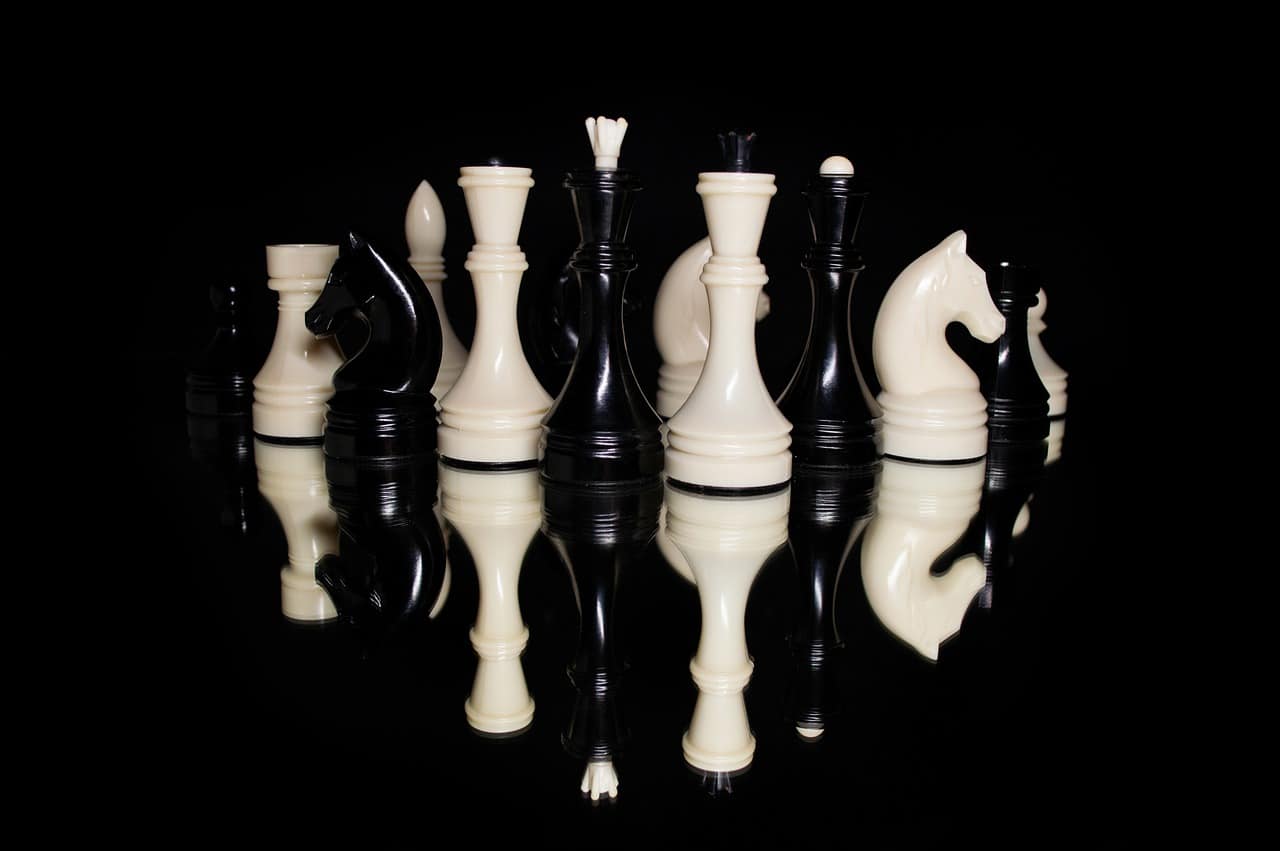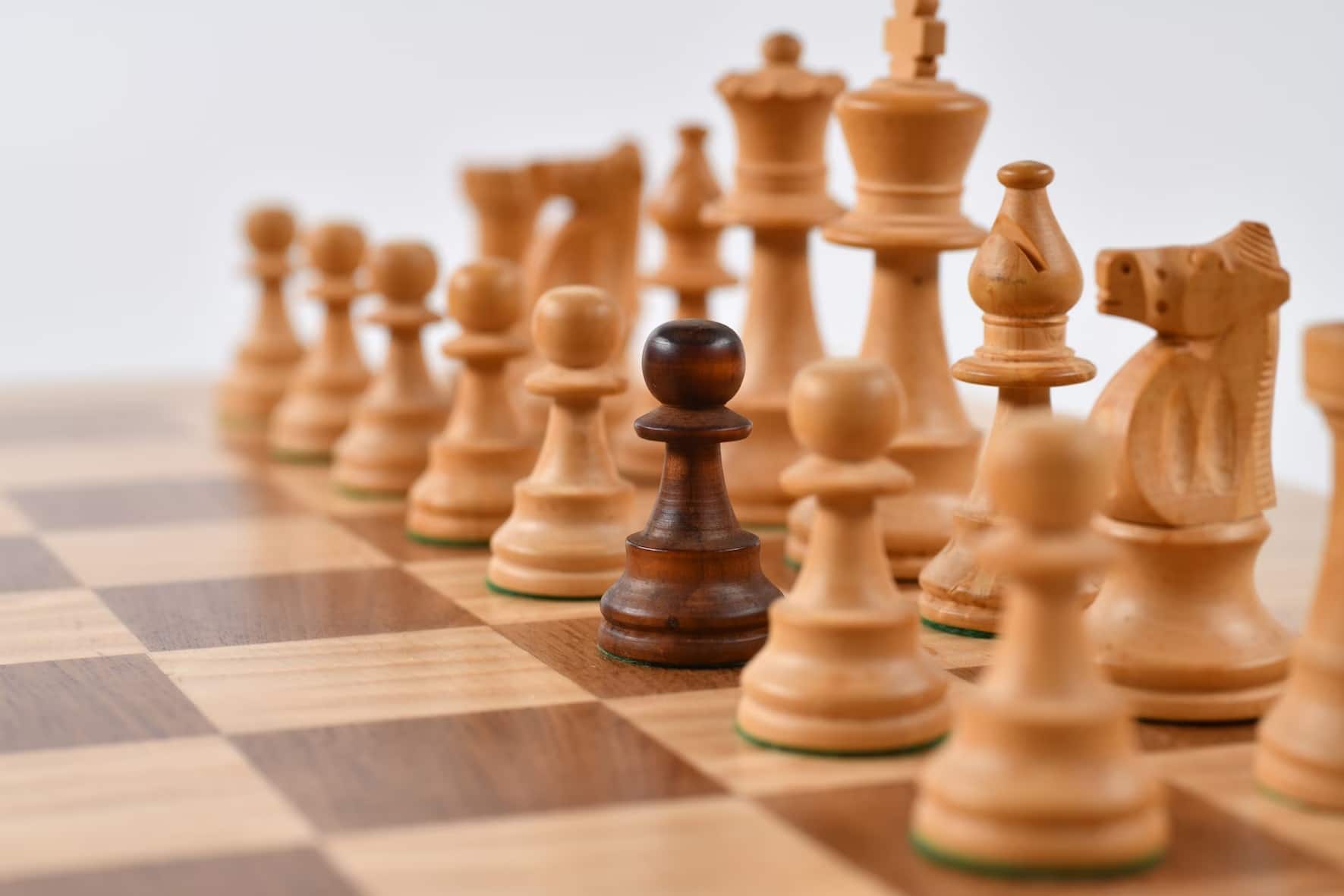Table of Contents
Chess for children
Chess for children is often the most appropriate way for little ones to develop the mental skills that always enhance the best version of themselves. We all know someone who doesn't like physical activity or has problems with social and emotional integration. Maybe they just have a strong character that needs to be corrected. For this reason, it is recommended for them, that get started in other activities such as the sport of chess. And here I'll explain why chess for children can be very useful.
Chess helps to develop discipline, concentration and most importantly stimulates the brain area of thinking. These skills may be difficult for some children between the ages of five and ten. But when they enter a new didactic world like chess, they will have the ability and opportunity to develop them.
Not everything has to do with “the sport” itself, chess will also help in intellectual aspects such as the exposure to thoughts and learning methods. It is important to note that through chess certain terms, analogies and connectors handled are directly related to daily life, social and pedagogical. If you don't believe the words you are reading I will mention some points that will clear up your doubts.
Chess for children and teachings for their learning, life and communication:
1) Children learn new things every day, ask questions and become more and more interested in what is around them. In chess, there is a terminology that helps the vocabulary and the relationship with the outside world. Some of these terminologies can be: A “Queen” as the “the king's support”, being strong and precise like the “Rook”, explain the meaning of a “Pawn” and above all how important a “King” can be.
2) Attitudes such as decision making have a great influence on a person's “safety” factor. What better way to learn it than taught it from an early age? “Attack” and “defend” are two words that perfectly describe the constant struggle on the board. By teaching a child to move a piece on the board, you are giving them the opportunity to make a small decision that must first be analyzed and well thought out, and you are also offering them the opportunity to make the decision based on their own knowledge, which helps them to directly improve their confidence and self-esteem.
It's direct access to a world of unlimited intellectual growth
1) One thing we all face on a daily basis is the act of communicating. Not everyone has the same gift or ease of communication, for some, it's harder to express themselves than for others. We often see this in some children. In the book “Developing Chess Talent” the authors Karel and MI Merijn van Delft explain, how a child with Asperger's syndrome is able to have contact and communication by way of the chessboard with other children. His world changes when he sits down to enjoy the game and is able to socialize through children's chess.
2) You don't want your children to forget to have fun, because they want and need to enjoy every day. A few games of chess are perfect for a child's daily dose of fun since it's a really fun game! And nowadays with technology, you can carry it everywhere on a mobile phone.
3) Another interesting fact is that children with autism are recommended to start games that increase their concentration, such as chess.
Chess for children helps to keep an eye on the board where a game will be analyzed (in different ways depending on the age of the child), a question will be asked and the pieces will be answered with a movement for victory.
Chess for children opens up a world of skills and possibilities
You never know when a child may develop an incredible skill at something and chess is not an exception. The world of children's chess championships is becoming more extensive and accessible for the aspiring champions of this game. We may be able to watch the next Capablanca grow or the rebirth of Bobby Fisher.
We have already talked about what chess can do to a child. But a very important question arises: How does a child learn to play chess? I got it for you!
7 ways to teach chess to children:
As I said before, children are very visual, so teaching them by reading them a book or better, letting them read it on their own won't do much good. The best thing is to teach them and practice with the board.
Start from the basics: Explain to them what the board is, the name of the pieces and then the movements of each one, in a didactic way so that they do not lose the thread or the interest.
After learning the basics you have to teach terms like checkmate or a draw.
To start a new chess lesson, you should first review the previous lesson and ask the child questions to refresh his memory.
The dynamism of the voice is very important. The voice must be modulated in different ways or tones so that the child can pay attention and have fun at the same time, don't forget that they tend to get bored very easily. Explaining as if it were a story is highly recommended.
Sometimes the voice is not enough, and you have to incorporate another variable for the child to pay attention when it comes to learning. A prize would change things in your favor and we capture their interest effectively. Something simple like one candy can change the mood.
Finally, when you have a child already initiated in the game, who already knows the movements of the pieces, their names and values, you can start teaching openings, defenses, castling and easy games.
Children need someone who has knowledge
Finally, I want to emphasize how important it is to have a qualified coach for a child.
Suppose your child wants to become a competitor, win tournaments and set out to be a professional. He or she needs someone to guide him or her correctly towards achieving their goals. And the best suited for this task is a professional with the necessary knowledge to help them become a champion.
A child's learning in any sport or activity is not a matter of the play. Nowadays there are many parents interested in their children getting started in the chess world. Children are almost the first population I allow myself to teach. Applying the 7 ways in which your child will understand and establish a good relationship with chess and other personal methods that will help your child reach a high level as a chess player.









One Response
Note